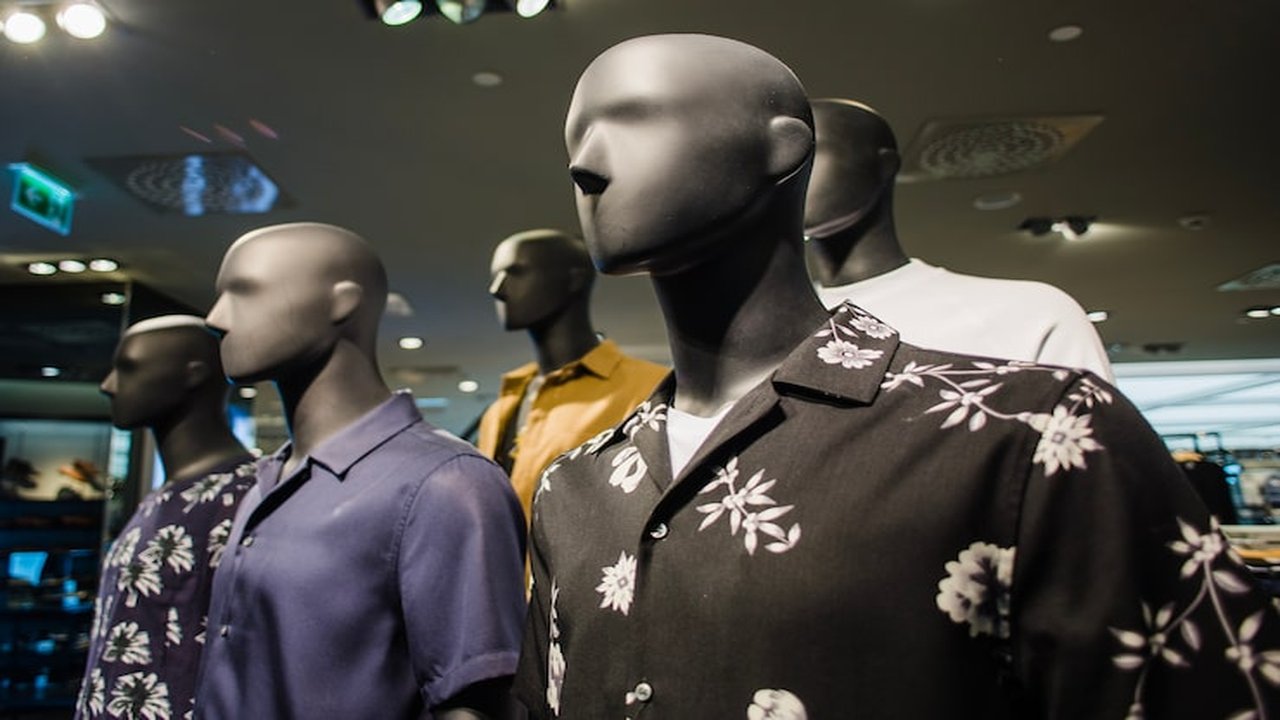 The fashion industry generates a staggering 92 million tons of textile waste annually, highlighting a pressing need for sustainable innovation. In this exclusive ESG Outlook feature, we delve into Variloom's groundbreaking approach to 3D printing and recyclable materials, as shared by Bethany Meuleners, the company's Apparel and Textile Design & Development Lead. Discover how Variloom is revolutionizing apparel production by partnering with brands to tackle material challenges and drive a cleaner, more responsive future for fashion. Explore Variloom's commitment to circularity, transparency, and cutting-edge sustainability practices that are reshaping the industry landscape.
The fashion industry generates a staggering 92 million tons of textile waste annually, highlighting a pressing need for sustainable innovation. In this exclusive ESG Outlook feature, we delve into Variloom's groundbreaking approach to 3D printing and recyclable materials, as shared by Bethany Meuleners, the company's Apparel and Textile Design & Development Lead. Discover how Variloom is revolutionizing apparel production by partnering with brands to tackle material challenges and drive a cleaner, more responsive future for fashion. Explore Variloom's commitment to circularity, transparency, and cutting-edge sustainability practices that are reshaping the industry landscape.
Revolutionizing Apparel Production Through 3D Printing and Recyclable Materials
Variloom, a pioneer in sustainable fashion technology, is reshaping the apparel industry landscape with its innovative approach to 3D printing and recyclable materials. Bethany Meuleners, the company's Apparel and Textile Design & Development Lead, highlights how Variloom's on-demand 3D print-to-shape fabrication system is revolutionizing the way soft goods and apparel are manufactured. By enabling brands and suppliers to design and produce customizable, recyclable fabrics in a matter of days, Variloom is not only reducing production waste but also bringing manufacturing closer to the consumer. This strategic shift towards localized, responsive production not only minimizes excess inventory but also enhances the overall sustainability of the fashion supply chain.
Moreover, Variloom's commitment to circularity is evident in its patent-pending soft material formulation, which incorporates biobased thermoplastic polyurethane (TPU) and natural additives sourced from farming and textile waste. This unique blend not only delivers superior performance in terms of softness, stretch, and adaptability but also supports the brand's mission to advance circularity in fashion. With the ability to mechanically recycle Variloom materials up to three times without compromising integrity, the company is setting a new standard for sustainable material innovation in the apparel industry. By partnering with leading brands like Global Fashion Agenda, Variloom is actively addressing material challenges and driving faster, cleaner, and more responsive production practices for the future of fashion.
Fostering Transparency and Ethical Sourcing in Supply Chains
In a landscape where consumers are increasingly demanding transparency and ethical sourcing practices, Variloom stands out for its commitment to traceable sourcing and verified data. By partnering with certifiers, buyers, and industry stakeholders, Variloom ensures that its entire supply chain aligns with ESG goals and promotes sustainability. This strategic focus on transparency not only builds trust with consumers but also sets a precedent for other companies in the fashion industry to follow suit. Through its collaboration with Global Fashion Agenda, Variloom is actively contributing to the promotion of ethical practices and transparency in global supply chains, setting a new standard for responsible sourcing in the apparel sector.
Furthermore, Variloom's emphasis on verified data and traceable sourcing not only enhances the credibility of its sustainability claims but also empowers brands to make informed decisions about their supply chain partners. By leveraging technology to track and monitor every stage of the production process, Variloom ensures that ESG initiatives are not just a marketing gimmick but a core aspect of its operational strategy. This data-driven approach not only enhances accountability but also enables Variloom to continuously improve its sustainability practices and set new benchmarks for the industry.
Driving Consumer Awareness and Education on Sustainable Fashion
As the fashion industry grapples with the challenge of consumer awareness and education on sustainable fashion, Variloom recognizes the importance of driving meaningful change through transparency and communication. By debunking misconceptions about sustainability in fashion, Variloom aims to educate consumers on the holistic nature of responsible production, beyond just the materials used. Through initiatives like the ESG Outlook series with industry executives, Variloom is actively engaging with consumers to raise awareness about the environmental and social impacts of their purchasing decisions.
Moreover, Variloom's focus on promoting responsible shopping habits and caring for clothing aligns with its broader mission of fostering a more sustainable fashion ecosystem. By encouraging consumers to be intentional with their purchases, repair or repurpose items, and prioritize quality over quantity, Variloom is not only advocating for a shift in consumer behavior but also setting an example for other companies in the industry to follow. Through its personal philosophy on shopping and caring for clothes, Variloom's leadership team exemplifies a commitment to sustainability that goes beyond just business operations, embodying a holistic approach to responsible fashion consumption.
Conclusion
Variloom's innovative strides in sustainable fashion through 3D printing, recyclable materials, transparency, and ethical sourcing set a new benchmark for the industry. By fostering circularity, driving consumer awareness, and partnering with leading brands like Global Fashion Agenda, Variloom exemplifies a holistic commitment to reshaping the fashion ecosystem. As the industry navigates towards a cleaner, more responsive future, Variloom's approach serves as a powerful catalyst for change, urging stakeholders to embrace sustainability as a core business imperative and driving a paradigm shift towards a more responsible and transparent fashion landscape.